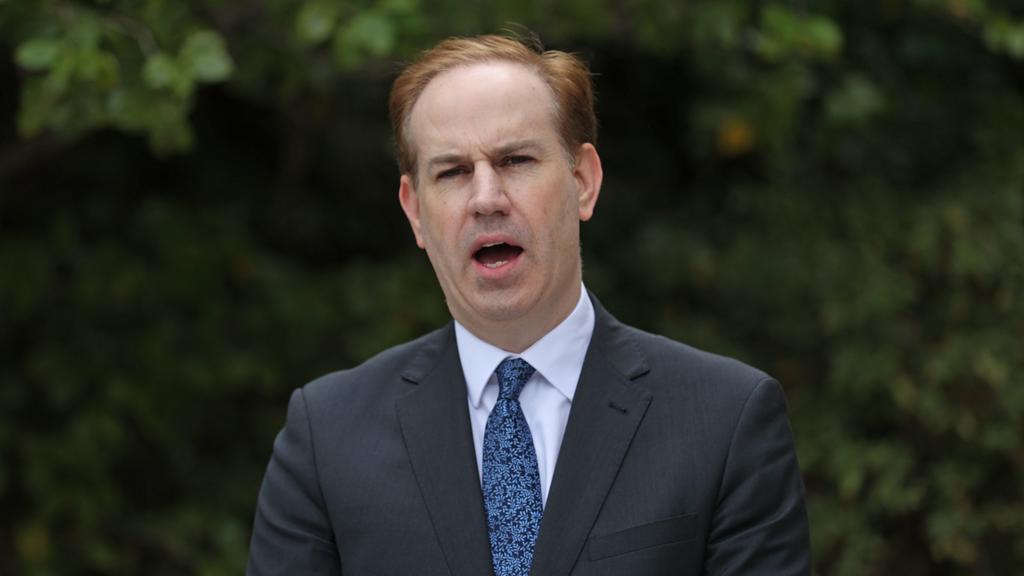

Article by Matt Mckenzie courtesy of the West Australian.
Hundreds of mining lease applications have piled up at the State regulator, sparking concerns the logjam could choke WA’s pipeline of investment.
About 500 leases were waiting for approval at the end of December, according to recent data from the State Government.
The leases are a crucial regulatory step in the $200 billion resources industry as a stamp needed for businesses to dig up minerals and run mines.
The Department of Energy, Mining, Industry Regulation and Safety received substantially more applications than it finalised in the quarter, by a margin of about three to one.
Businesses were forced to wait a whopping 313 days on average for those applications which were completed, following an extraordinary September quarter blowout to 541 days.
Yet the Department’s scorecard gave it full marks for hitting its targeted processing time of 65 business days.
That’s because the target measures applications which were finalised — not the pile still waiting — and only counts time spent moving through processes in the Department’s “direct control”.
Much of the 300-plus-day processing time is within other public agencies or with the proponents.
The data adds to the heated debate about green and red tape at both State and Federal Governments smashing economic development.
Premier Roger Cook announced a shake-up of environmental laws last year; while Federal Resources Minister Madeleine King was forced to act on offshore oil and gas approvals after a series of shock court decisions on major projects.
Association of Mining and Exploration Companies chief executive Warren Pearce said increased applications and stretched resourcing led to government struggling to deal with growing approvals demand.
“There is now a substantial backlog of mining and exploration applications awaiting assessment and approval, which is delaying these activities and related investment,” Mr Pearce said.
“Approvals delays mean additional cost for industry, and in the worst case scenario can result in projects missing their investment window and not proceeding.”
He said the Government needed to finalise the Eligible Mining Activities framework to allow exploration in non-environmentally sensitive areas to proceed with notification only, rather than needing approval.
Chamber of Minerals and Energy had called for more efficient approvals, chief executive Rebecca Tomkinson said.
The lobby group’s pre-budget submission argued assessment delays increased investment risk and drove up costs, with Productivity Commission modelling showing a one-year delay could slash a project’s value by up to 18 per cent.
CME warned that departments were frequently using stop-the-clock rules and request-for-information holds — which add to the assessment time for a business but are deemed out of the department’s control when measuring the government’s targets.
A spokesman for DEMIRS said processing times were largely driven by factors outside the department’s control, including Native Title, land access referals and potential obections in the Warden’s Court.
“For parts of the process that DEMIRS directly controls, it only took an average of 32 days to process mining lease applications,” he said.
Lease applications could not normally be completed in the quarter in which they are received because of the “various processes required to be undertaken”, the spokesman said.
Prospecting and exploration licences also needed more than 300 days, the December quarter data showed.
Mining proposals — which are submitted with a lease and assess environmental impact — averaged 108 days, with only 43 per cent finalised in the Department’s 30-day target.
DEMIRS said potential factors in that case included the need for specialist technical and geotechnical advice from other agencies, and the tight labour market.